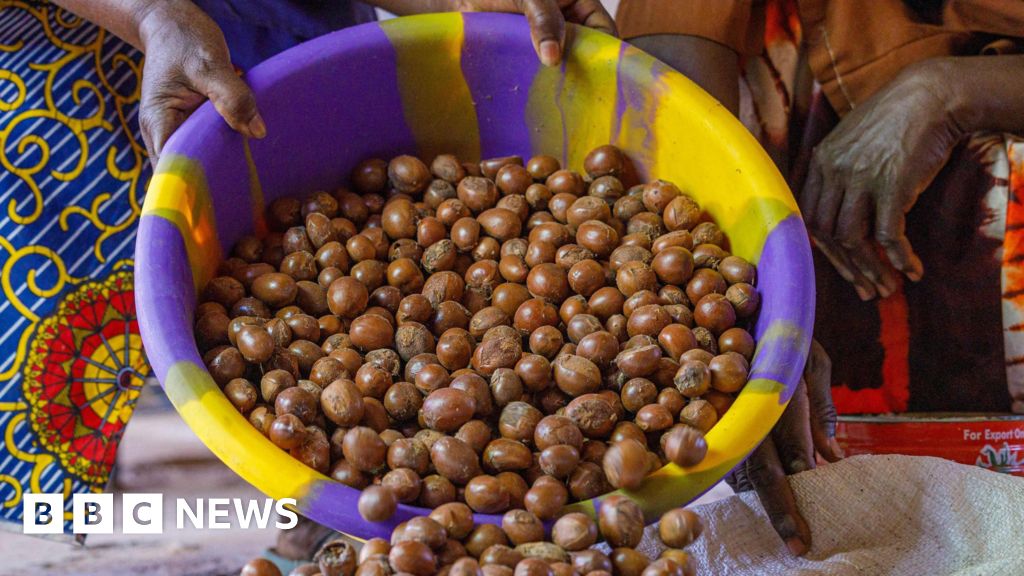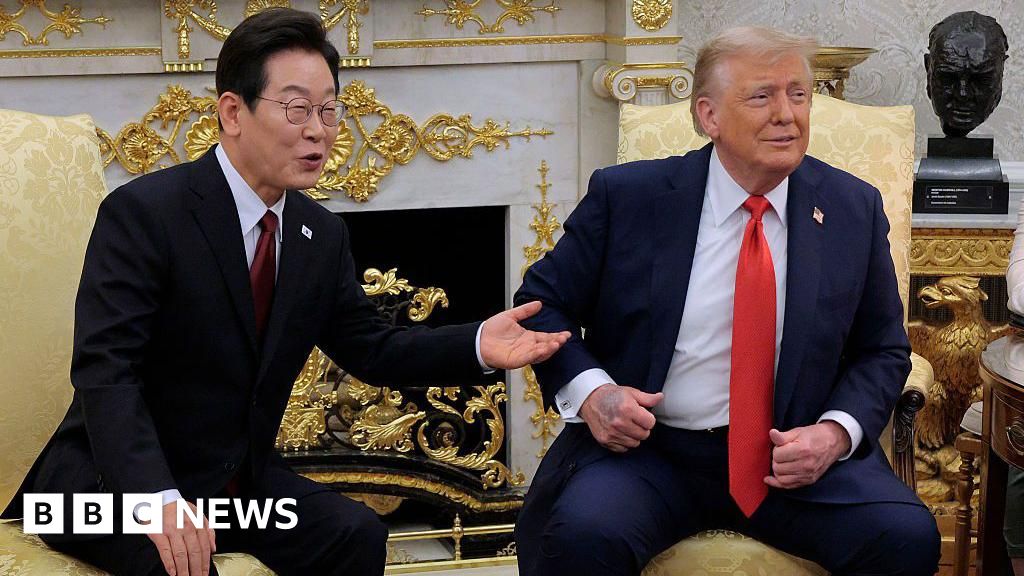Nigeria's political scene is witnessing a major shift as two leading opposition figures, Atiku Abubakar and Peter Obi, have pledged their allegiance to the newly formed African Democratic Congress (ADC). This strategic move, born from a desire to consolidate opposition strength, aims to take on the incumbent President Bola Tinubu and his ruling All Progressives Congress (APC) in the upcoming 2027 elections.
The formation of the ADC comes after Abubakar, previously aligned with the Peoples Democratic Party (PDP), and Obi, who left the Labour Party (LP), sought unity following a division that hampered their electoral chances in 2023. The previous election saw Tinubu clinch victory with only 37% of the vote while Abubakar and Obi garnered 29% and 25% respectively, highlighting the risks of vote-splitting. David Mark, the interim chairman of the ADC, emphasized the coalition's purpose as a measure to protect democracy and prevent Nigeria from devolving into a one-party state.
Political analysts speculate that this collaboration reflects lessons learned from past electoral contests, with Abubakar and Obi both recognizing the potential strength of a united front. As they look to the future, Abubakar is expected to pursue another presidential candidacy, while Obi might be positioned as his vice-presidential choice, forming a duo that aims to resonate with the voters.
The ADC is also attracting support from former APC members, including significant figures like Nasir El-Rufai and Rotimi Amaechi, potentially enhancing its standing against the entrenched ruling party. Analysts differ in their forecasts regarding the coalition's viability against Tinubu; while some argue it presents a greater threat than before, others caution that incumbency often favors sitting leaders in elections.
In response to the formation of the ADC, the APC downplayed its significance, asserting that the coalition will not impact their dominance. Meanwhile, the PDP has firmly chosen to maintain its independent stance, while the LP has encouraged loyalty among its supporters without indicating plans for collaboration.
As these political dynamics evolve, the ADC’s attempt to unify opposition forces could reshape the electoral landscape in Nigeria, signaling a critical battle on the horizon for the 2027 elections.






















